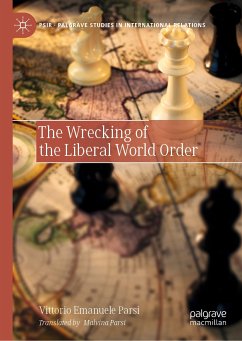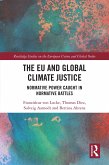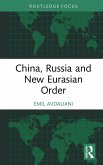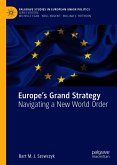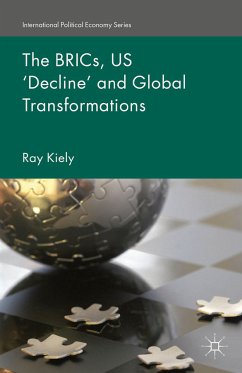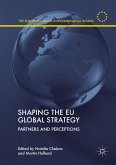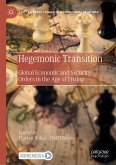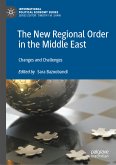Vittorio Emanuele Parsi is Professor of International Relations at Università Cattolica del Sacro Cuore (Milan, Italy) and Director of ASERI (Graduate School of Economics and International Relations).
" Vittorio Parsi offers a sweeping and penetratingaccount of the rise and fall of the modern liberal international order. Elegant, erudite, and insightful, Parsi chronicles the stormy voyage of the Western democracies as they search for calmer seas and gentler winds."
G. John Ikenberry, Princeton University, USA
"Vittorio Parsi, one of Italy's leading scholars of international politics, has produced an important contribution to the ongoing debate over the postwar liberal order, what went wrong with it, and whether it might be restored.
Michael Mastanduno, Dartmouth College, USA
"One of Europe's most original thinkers offers a penetrating assessment of the Liberal World Order and its prospects.
Matthew Evangelista, Cornell University, USA
"Parsi has written a book of tremendous importance. For anyone interested in a serious examination of the emerging world order, post-Trump and post-COVID, The Wrecking of the Liberal World Order is a must read".
Mehran Kamrava, Georgetown University, Qatar
"Vittorio Parsi's is exactly the right book for anyone-student, teacher, news reporter, or policymaker-who wants to understand how our domestic and global politics and economics came to such a sorry state, and what we can do to build a better future.
Joseph M. Grieco, Duke University, USA
Dieser Download kann aus rechtlichen Gründen nur mit Rechnungsadresse in A, B, BG, CY, CZ, D, DK, EW, E, FIN, F, GR, HR, H, IRL, I, LT, L, LR, M, NL, PL, P, R, S, SLO, SK ausgeliefert werden.

